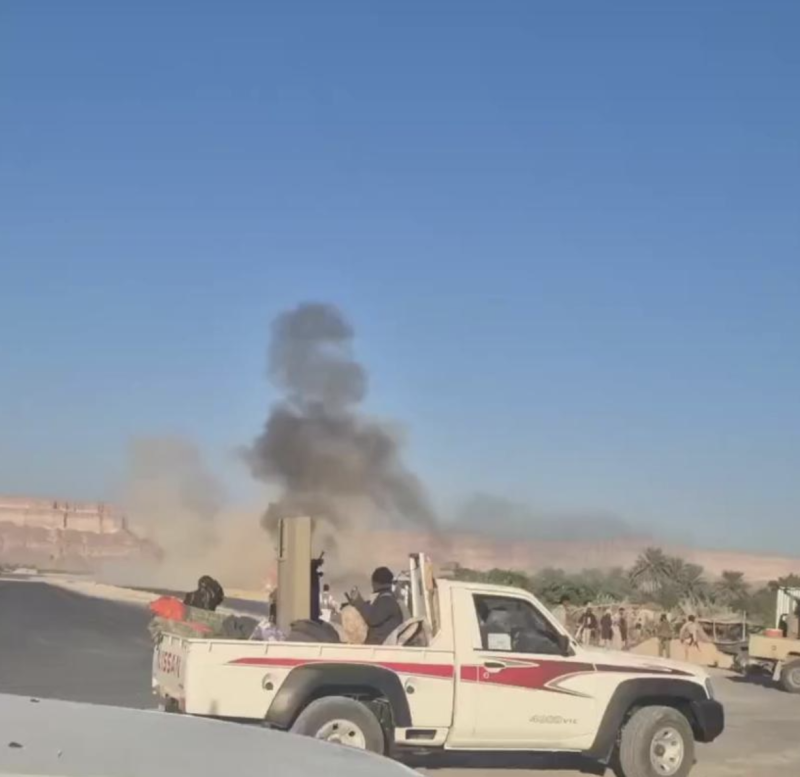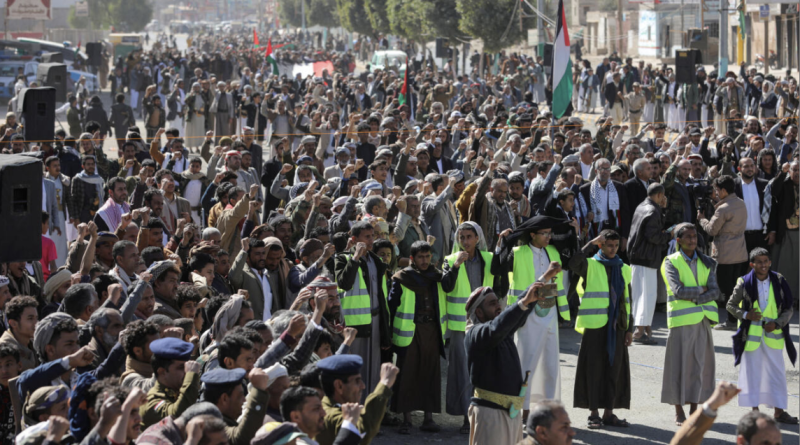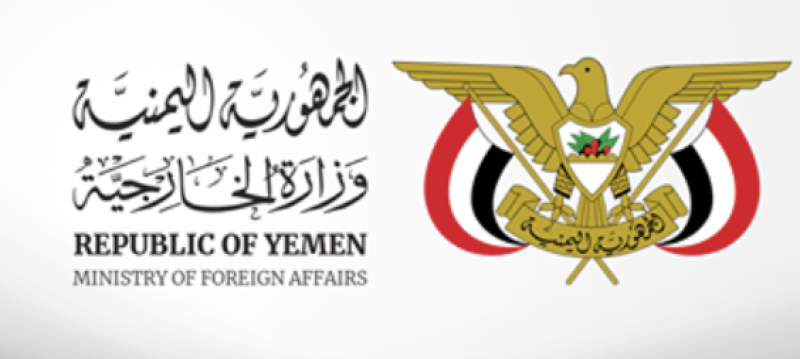Yemen's body collector returns war dead to their loved ones


Yemeni community activist Hadi Jumaan never imagined that one day he would become a body collector.
The 37-year-old began his working life with a sustainable development organisation before the war broke out in Yemen.
In 2015, Mr Jumaan was asked by a relative to help find the bodies of men who had gone missing while fighting in a flashpoint in Taez province in southern Yemen.
Now he leads a humanitarian group, which helps ensure bodies of those killed in conflict are returned to their loved ones. So far, the group has retrieved more than 1,800 bodies from the front line.
“The job started when a relative of mine asked me to help him find the corpses of his brothers who were missed while fighting in Taez province in September 2015,” Mr Jumaan told The National.
“As a Muslim, I had to take a decision to help my relative, so I started contacting leaders in both warring parties and contacted some tribal figures to help me bring the corpses of my relatives back home.
"Fortunately I got their consent, so I went and brought the corpses back, along with corpses of other fighters found in the place.”
After he successfully retrieved the corpses of his relatives and other fighters, more families asked Mr Jumaan to help bring home the bodies of their loved ones.
He founded the Co-ordination Council for Human Rights as a non-government organisation to help him officially operate.
“The organisation I founded included a team of 75 volunteers, among them 12 women, but the team dropped to 15 in 2021 due to the lack of resources and training as well,” Mr Jumaan said.
“We don’t receive any support neither from the conflict parties nor from the NGOs in charge of such humanitarian work, which left me and my team in debt.”
Mr Jumaan also brokered a prisoner swap deal in which he negotiated the release of 300 inmates from both parties in a meeting with top officials from both sides.
Complications and risks
Prior to transferring bodies, he has to make several trips to meet leaders from both sides in the conflict parties to make sure they approve how and when his team picks up the bodies. He also meets tribal leaders in Yemen to obtain their approval.
“I usually make several trips before evacuating any bodies. Prior to the evacuation day, I meet military field commanders, officials and families of the dead fighters to get accurate information about their location and their identities,” he said.
He has risked death several times while in the line of duty. He has been shot twice, survived bombings and been held in prison eight times because of suspicion by military factions from both sides of the conflict.
The humanitarian mediator also faces other work complications. He has had lorries impounded or seized at flash points on front lines controlled by both the Iran-backed Houthis and pro-government factions.
Obstacles include dealing with the corpses that have remained at the front line for weeks, making it difficult to identify them.
He works in tough environments, collecting bodies from rugged mountainous areas with no access to a phone network.
And he says his team lacks the resources and training to properly avoid health risks while dealing with the corpses.
It has led to activists in the humanitarian field praising the significant extraordinary role played by Mr Jumaan and his team.
“Hadi is incredible,” said Nadwa Al Dawsari, country director for Yemen at the Centre for Civilians in Conflict. “A young tribesman who chose to do an extraordinary thing in a time of war and uncertainty, he brought comfort and peace to thousands of families by bringing their loved ones home.
“He does that on a voluntary basis, with no support, and at a great risk to his life. He is a true inspiration.”

Aden -- Saudi warplanes on Friday carried out airstrikes on military sites affiliated with the Southern Transitional Council (STC) in Yemen's south…

Sana'a -- The Houthi militias in Sana’a, Yemen, announced the death of several of their military commanders, without disclosing the location…

Aden – Yemen’s Ministry of Foreign Affairs has welcomed the latest statement issued by the United Nations Security Council regarding th…